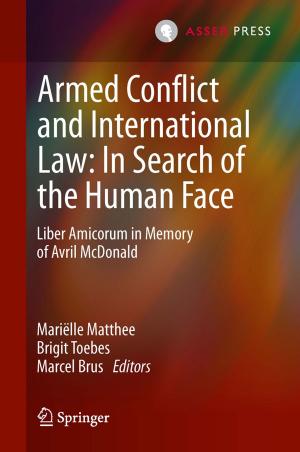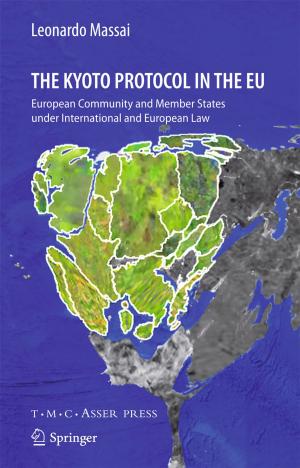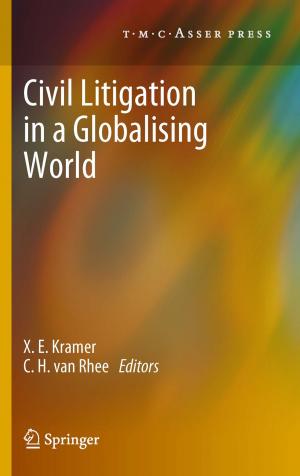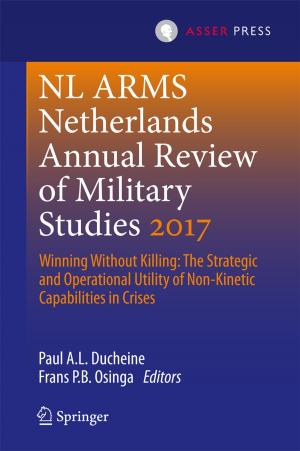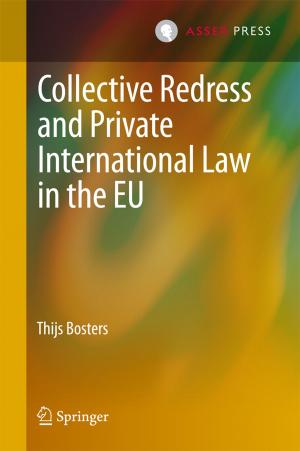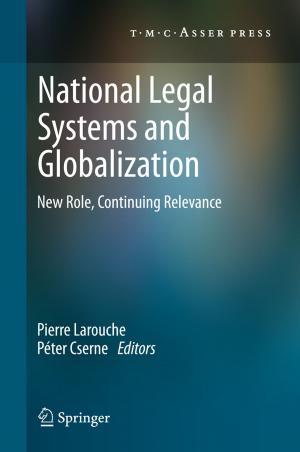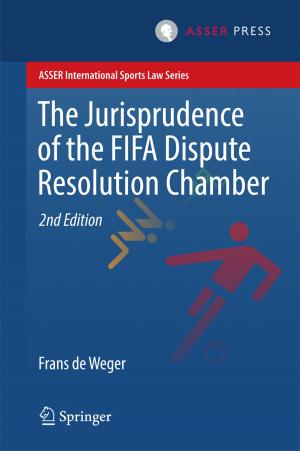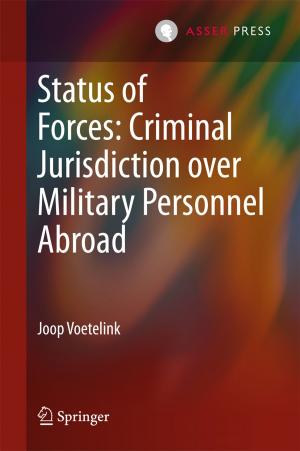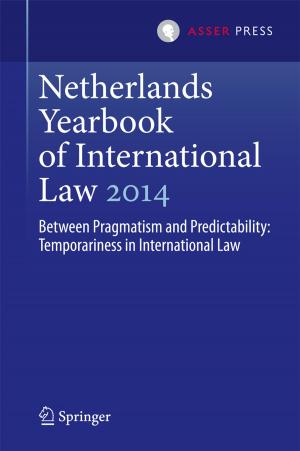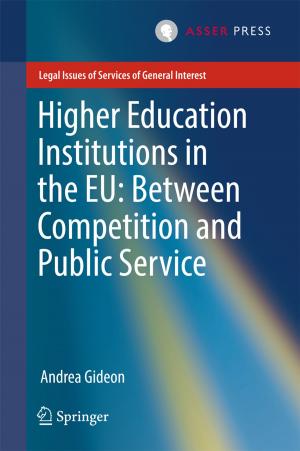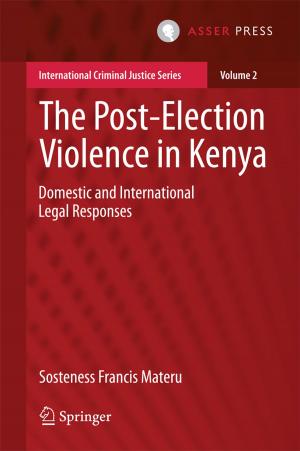Netherlands Yearbook of International Law 2012
Legal Equality and the International Rule of Law - Essays in Honour of P.H. Kooijmans
Nonfiction, Reference & Language, Law, International| Author: | ISBN: | 9789067049153 | |
| Publisher: | T.M.C. Asser Press | Publication: | June 12, 2013 |
| Imprint: | T.M.C. Asser Press | Language: | English |
| Author: | |
| ISBN: | 9789067049153 |
| Publisher: | T.M.C. Asser Press |
| Publication: | June 12, 2013 |
| Imprint: | T.M.C. Asser Press |
| Language: | English |
The Netherlands Yearbook of International Law (NYIL) was first published in 1970. It offers a forum for the publication of scholarly articles of a more general nature in the area of public international law including the law of the European Union. With this volume on ‘Legal Equality and the International Rule of Law’, the Netherlands Yearbook of International Law celebrates Pieter Kooijmans’ academic, diplomatic, and judicial career by picking up on an important subject in his early writings, the principle of legal equality of states. This volume studies if and how the principle of legal equality of states is still important in the international legal order of the early 21st century. In particular, this volume examines the principle’s current relevance, e.g., in a pluralistic legal order, its relation to hegemony in international relations and international law, and how it functions in contemporary international organisations. The principle is further explored in the fields of international criminal law, international humanitarian law, and the international law of sovereign immunity.
The Netherlands Yearbook of International Law (NYIL) was first published in 1970. It offers a forum for the publication of scholarly articles of a more general nature in the area of public international law including the law of the European Union. With this volume on ‘Legal Equality and the International Rule of Law’, the Netherlands Yearbook of International Law celebrates Pieter Kooijmans’ academic, diplomatic, and judicial career by picking up on an important subject in his early writings, the principle of legal equality of states. This volume studies if and how the principle of legal equality of states is still important in the international legal order of the early 21st century. In particular, this volume examines the principle’s current relevance, e.g., in a pluralistic legal order, its relation to hegemony in international relations and international law, and how it functions in contemporary international organisations. The principle is further explored in the fields of international criminal law, international humanitarian law, and the international law of sovereign immunity.

